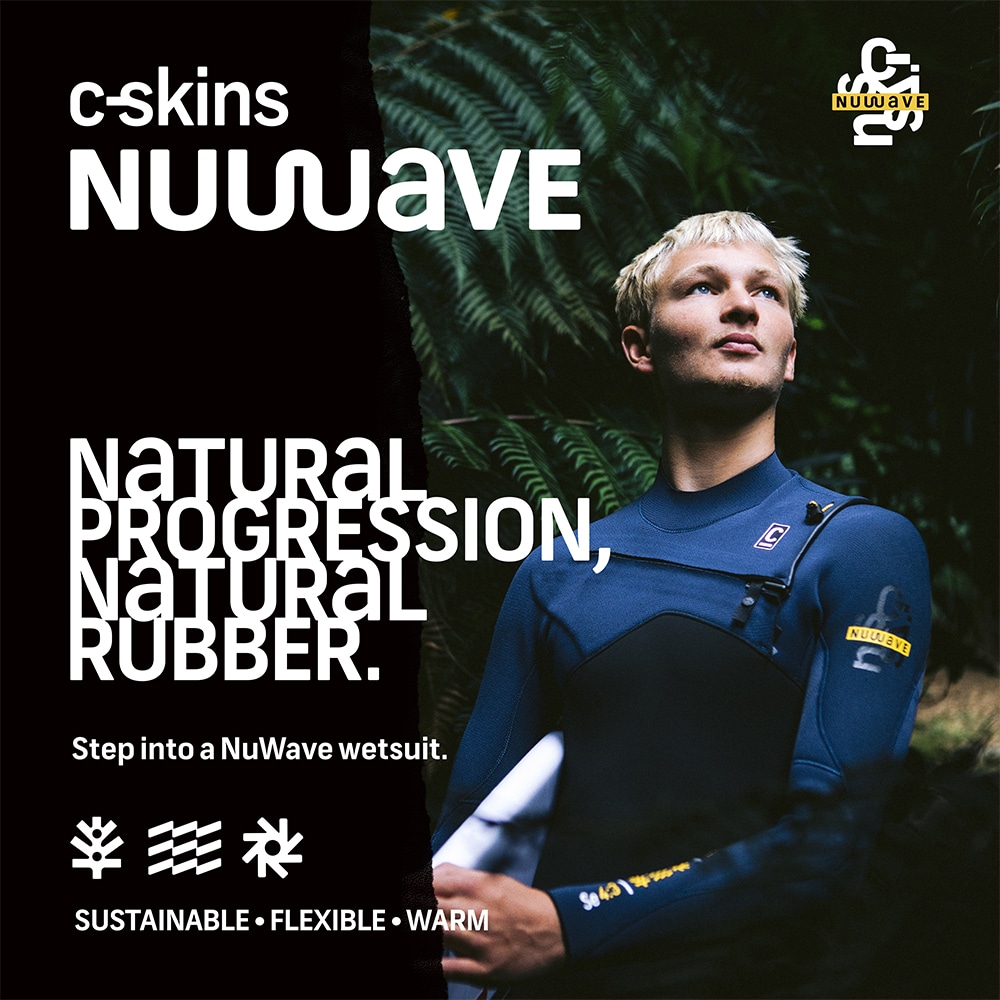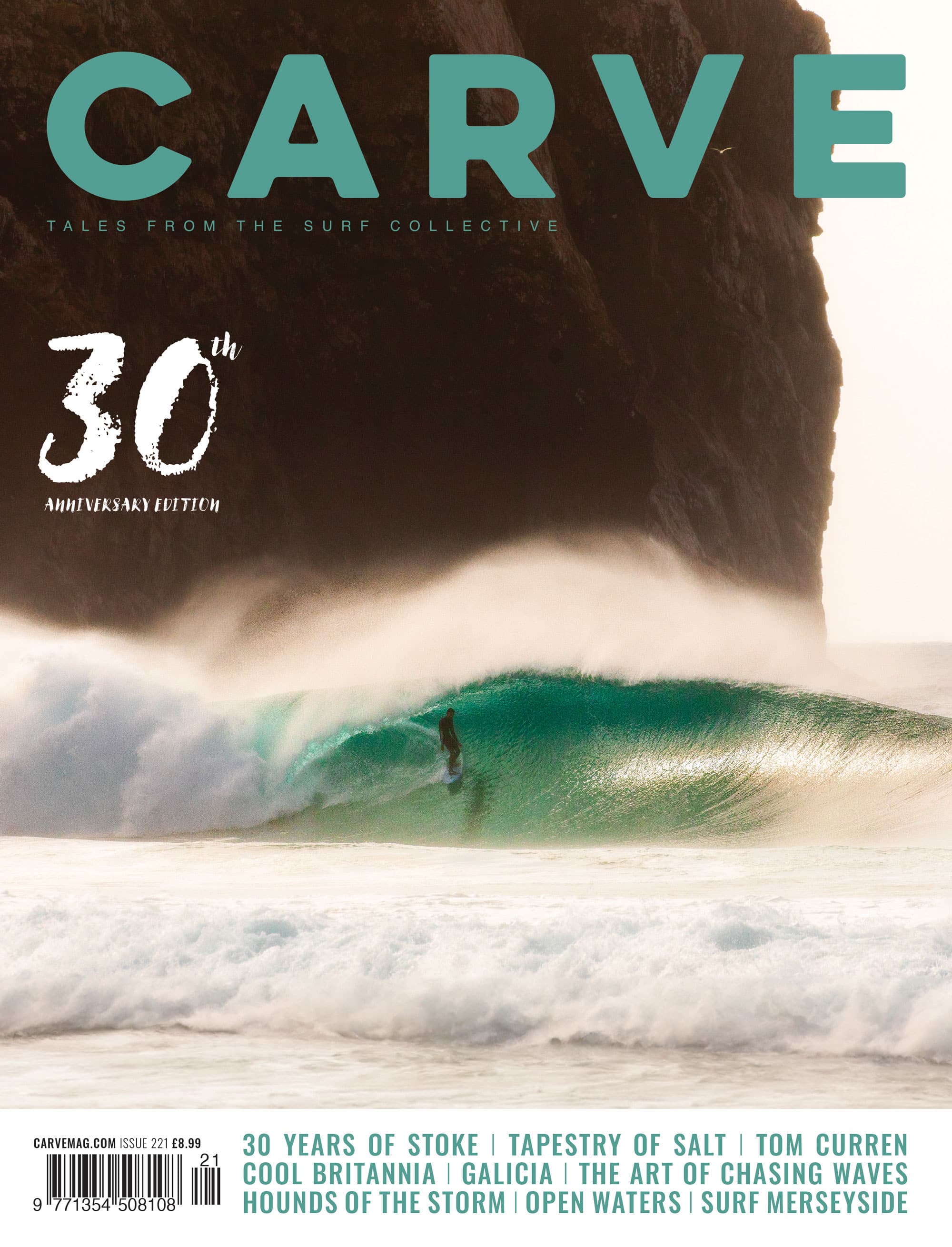The last SUP'ers?
Rob practising what he preaches.
As more and more SUP’ers take to the surf at crowded beaches complaints about etiquette in the lineup and injuries sustained by other water users are on the increase. In some parts of the country it would seem it is only a matter of time before things get out of hand and negligent SUP’ers spark legal action or a blanket ban. Long time surfer, SUP’er and coach in both Rob Small runs a SUP school, he has strong opinions on what could and should be done before it’s too late.
As a surfer, SUP surfer and coach of both sports I have watched recent developments with interest with an eye on how the two forms of wave riding could find a way to co-exist in relative harmony. Ok there are the diehard SUP haters and a few nutty paddle zealots out there but these fringe elements aside there seems to be a general desire to get along and focus on the job at hand: having fun in the surf!
However at the moment it’s not exactly a multi-discipline wave riding love in. And as much as it may offend to hear it stated, it’s the SUP surfers that are putting themselves in the firing line.
As the popularity of SUP surfing increases and the number of paddlers in the water have risen so have the type of incidences and behaviour that, quite frankly, piss off other water users and more importantly increase the risk of a serious (injury) incident happening!
SUP is the new kid on the block and whilst there’s no need for aficionados of the paddle to kowtow to the regular surfers there’s an established set of rules that allow all the surf community to share waves safely without conflict. We’re not talking about licensed surfers and surf zones here but simple, internationally recognised (mostly!) codes of conduct and responsible behaviour. As the latest arrival in the line SUP surfers need to adhere to the general codes of practice or the whole thing goes to shit!
In my mind there are two broad causes of friction Learner and developer SUP’ers and experienced SUP surfers abusing the system.
Learner and developer SUP surfers
By nature SUP surfing in small waves is easier (wait until it’s overhead!) and the learning curve is much more abrupt. The result of this is that we have surfers that have gone through a development process of several years and SUP surfers who have often had much less water time competing for the same resources (waves) but with decision making processes based on differing levels of experience. This coupled with the inherent risk of large, relatively heavy boards and sharp edged paddles increases the potential for unpleasantness.
For the developing SUP surfer here are some tips to avoid any issues!
1) Be aware of your equipment!
10’ boards, 2m carbon paddles, and long SUP leashes all increase the ‘kill zone’ after a wipeout or when caught inside. It can easily be 20 feet before considering any of the dragging action of waves. Add that into the equation and after a wipeout you could easily hit someone who was 30 feet shoreside when you fell off.
Be aware of who is around you at all times and position yourself safely.
If you get caught inside don’t just ditch your board! Make sure nobody is going to get hit if you bail.
If there are a lot of crew out turn around, catch the foam in and get out of the way.
If you can’t make a section ride the whitewater out and always retain full control of your board.
Always use a leash.
2) Minimise the risk – Be aware of the surfing environment.
Is it crowded? Are there lots of children or beginner surfers in the water? Is the lineup very open or compressed into a small area? Are the waves suitable for SUP surfing? Are there bigger sets cleaning everyone up?
Just take a minute and think about these things before you paddle out. If you’re unsure about anything either give it a miss or find an uncrowded spot or smaller wave away from the pack. One of the beauties of SUP surfing is that you don’t need to be on the best peak to have fun.
3) Be aware of your level.
Ok you can ride left and right in waist high waves and are getting to grips with it all. Whilst this is great it doesn’t set you up for SUP surfing the day of the year at Croyde, Fistral or Langland.
Pushing the envelope is part of why we do these things but overestimation of our abilities will lead to trouble, be it a crushing blast of humility or worse, someone off to A&E with you as the responsible party. There’s plenty of opportunity for heroics when you’ve done the time and acquired the skills.
4) Be aware of right of way rules.
Closest to the peak has priority. Accepted it can be confusing but hacking into a swell 20m further outside than everyone doesn’t automatically give you possession. Watch what’s going on and take your turn!
Don’t impede someone’s ride by paddling over the shoulder to avoid getting hit by the whitewater and getting in the way. Take the hit, but do so being aware of those around you. (see above)
Don’t drop in! !
In short be aware and take responsibility for your actions.
Experienced SUP surfers abusing the system
We’re all familiar with the guy who used to surf down at your local who suddenly grabbed a paddle and started to get far more waves than he used to. There’s more than a few SUP surfers now using the advantages a high volume board and paddle to snag as many waves as possible.
That’s not the worst though. There’s also a contingent who don’t seem to really care and continue to behave in a dangerous fashion. For my money that’s just plain stupidity.
Whilst the above may seem like pedantic lecturing to some SUP surfers there are real reasons for the SUP surf community to think about the future.
If the incidence of SUP related problems start to impact on other surfers and bathers more and more then we may have to face consequences that paddlers in other locales face i.e. outright bans, 1000 foot restrictions from high tide marks, restrictions when surfers and bodyboarders are present, not to mention hefty compensation claims.
Perhaps it would be better to lead by example and show the more recent inductees to the sport good practice? Then maybe, just maybe, we can all get along.
Rob is one of the most experienced surfers in the country, a longtime SUP’er and surf instructor. He runs Crantock Bay surf school. www.crantockbaysurfschool.com, [email protected]
A few of Robs credentials;





